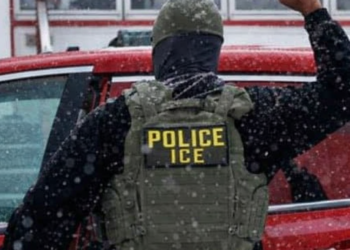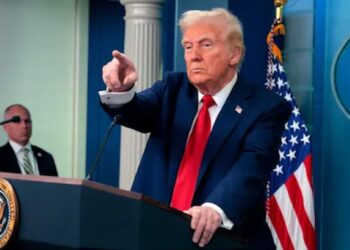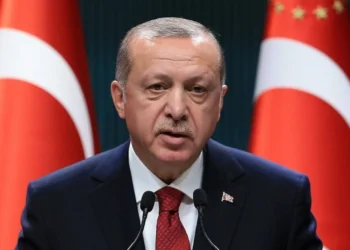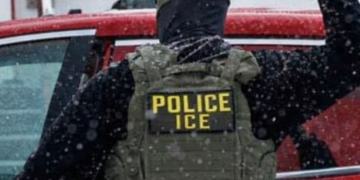Beijing has announced it will relax a ban on re-exporting chips to Europe, a move that eases tensions stemming from the Netherlands’ dramatic takeover of the Chinese-owned chipmaker Nexperia. The decision provides a crucial reprieve for European automakers, who had warned of imminent production stoppages due to the sudden supply chain disruption.
The dispute began in September when Dutch authorities used a Cold War-era law to take control of the Netherlands-based Nexperia, citing “serious governance shortcomings” and a need to prevent a sudden unavailability of chips in an emergency.
China quickly retaliated by halting the re-export of completed Nexperia chips to Europe. This sent an “alarming” signal through the industry, as approximately 70% of chips made in the Netherlands are routinely sent to China for final processing before being re-exported globally.

The Dutch-controlled firm subsequently informed customers it would stop sending chips back to China for processing. Last month, the European Automobile Manufacturers’ Association (ACEA) warned that existing Nexperia chip supplies would last only a few weeks.
“Without these chips, European automotive suppliers cannot build the parts and components needed to supply vehicle manufacturers and this therefore threatens production stoppages,” the ACEA stated.
Beijing’s Concession and Critique
In a statement released on Saturday, Beijing announced it would “comprehensively consider the actual situation of enterprises and grant exemptions to exports that meet the criteria.” However, the criteria for these exemptions remain unspecified. Reuters reports that the White House is expected to confirm the resumption of Nexperia exports later today.
While offering a concession, China also used the statement to criticize The Hague for what it called “improper interference in the internal affairs of enterprises,” blaming the Dutch government for the current “disruption of global production and supply chains.”
The Geopolitical Context
The latest plans to relax the export controls follow a meeting between US President Donald Trump and Chinese counterpart Xi Jinping in South Korea earlier this week.
President Trump later confirmed that the leaders discussed the issue of chips, though Beijing’s official readout of the meeting did not explicitly mention trade. The White House is scheduled to release a fact sheet today detailing its new trade agreement with China.
This row is the latest in a series of Western security concerns over Chinese technology ownership.
In December 2024, the US government placed Wingtech, the parent company of Nexperia, on its so-called “entity list,” identifying the firm as a national security concern.
In the UK, Nexperia was previously compelled to sell its silicon chip plant in Newport following national security concerns expressed by ministers. It still maintains a UK facility in Stockport.

















